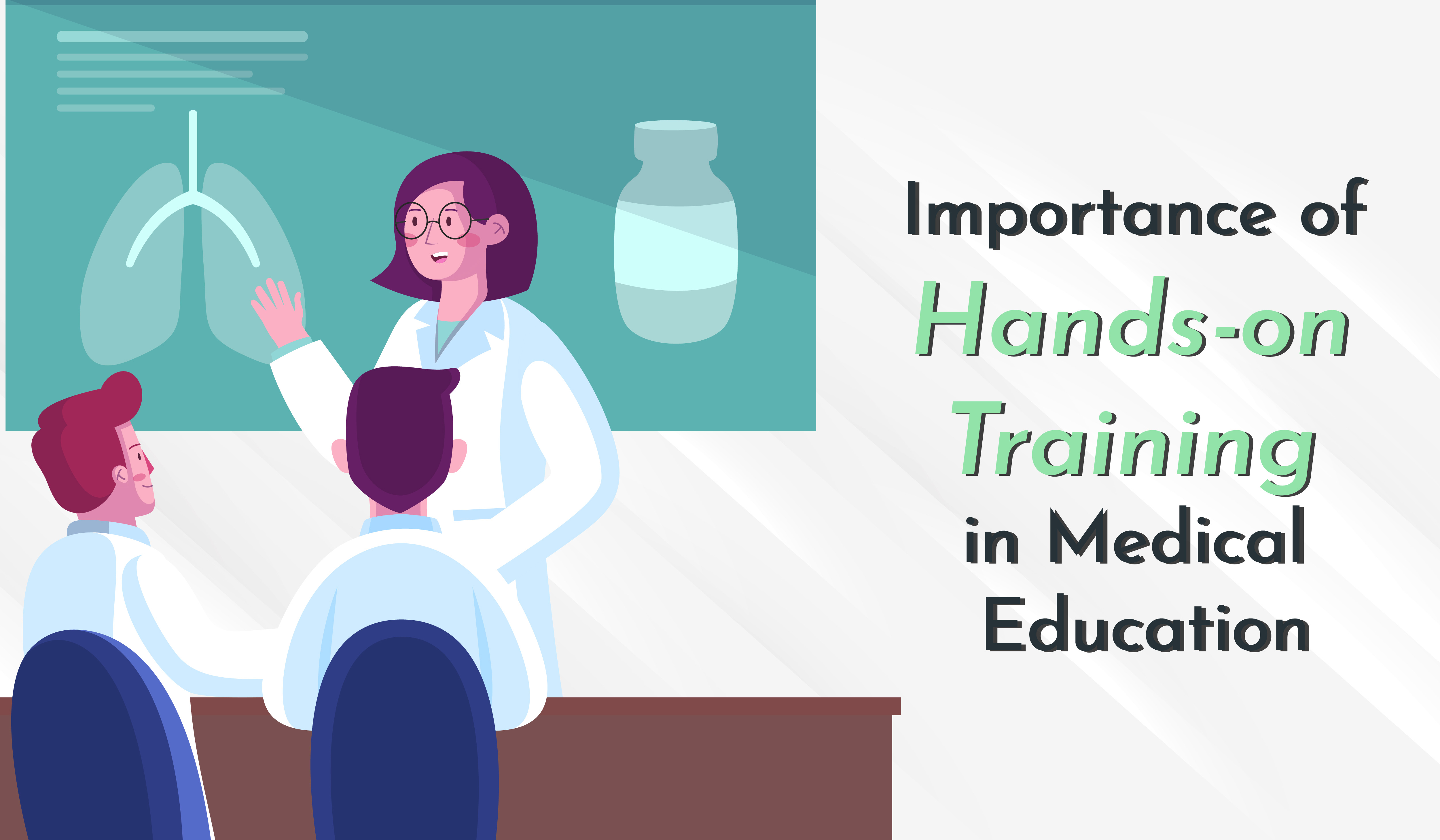
Medical education in India is changing dramatically, with a greater focus on hands-on instruction to prepare students for the challenges of real-world healthcare. While theoretical knowledge provides a foundation, practical training ensures that students develop into competent, confident, and compassionate doctors.
Hands-on training in medical education fills a key gap between classroom learning and patient care. Working directly with patients, practising on cadavers, and participating in simulation-based learning allows students to acquire not just clinical abilities but also key soft skills such as communication, empathy, and decision-making. Early exposure to clinical surroundings also promotes a better knowledge of patient-centred care, which is a key value in modern healthcare.
Cadaver training courses are crucial in this procedure. Practising surgical methods on actual human bodies provides trainees with unparalleled insight into anatomy, tissue reaction, and the complexity of the human body. Institutes such as Global Healthcare Academy Bangalore provide customised cadaver workshops that allow students and healthcare professionals to practice without endangering people. This hands-on experience improves procedural confidence and diagnostic accuracy, which are essential for any successful medical profession.
Furthermore, simulation laboratories and skill centres throughout India are incorporating cutting-edge technology such as robotic surgical simulators and AI-based diagnostic tools to ensure that students are equipped for the future of medicine. Hands-on training also fosters emotional resilience, which is an often-overlooked but critical attribute for doctors who frequently face life-or-death circumstances.
In India, where the need for highly competent medical personnel is constantly expanding, hands-on training is no longer a choice; it is required. Institutions that provide rigorous practical programs, such as Global Healthcare Academy, are setting new standards for healthcare education by guaranteeing that their graduates are practice-ready and globally competitive.
Choosing the correct medical college or training facility that emphasises practical learning might be critical in a student's medical career. As healthcare grows more technologically advanced and patient-centred, the significance of hands-on experience in developing skilled doctors becomes increasingly important.